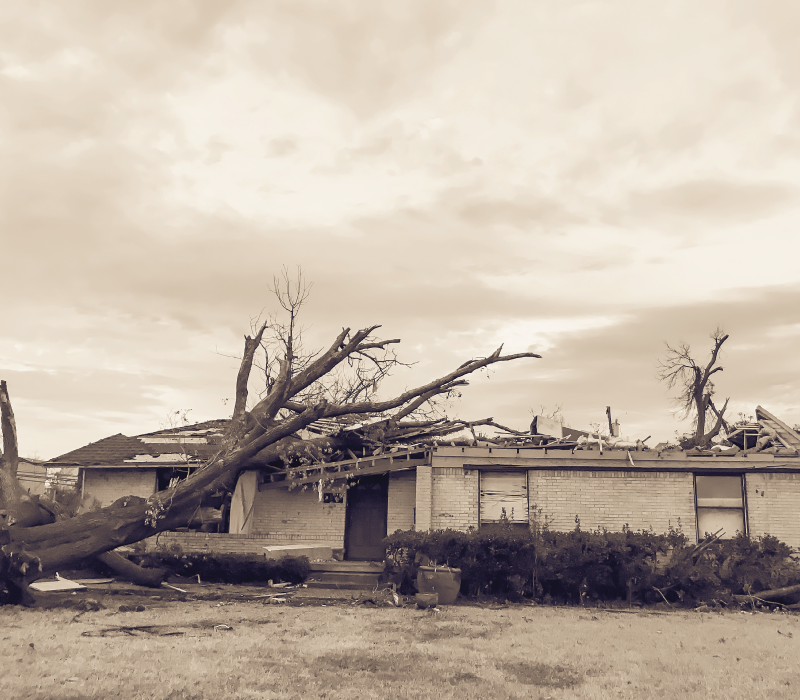Water Loss & Homeowners Insurance
Water Loss and Homeowners Insurance
Am I covered or not?
This can be a really upsetting issue if the time ever comes and you experience damage to your home from Water. There are a few words in the coverage description that can help you understand what is covered and what is not. First off, be patient! It’s tricky for everyone including your insurance adjuster.
Here are the first few words to pay attention to.
When a covered water loss is explained in your policy it typically includes the words sudden or unexpected water damage. If the water damage occurred gradually, slowly or over time it is likely NOT covered. Mold may be excluded from a standard policy but often times you can buy an extra rider specifically for Mold damage with a separate limit.
Example:
If water started unexpectedly pouring out of your washing machine while you weren’t home, it could cause your wooden floorboards to buckle. The water could leak through the floor and cause the walls or ceiling to be damaged if your washing machine is located on an upper floor. It is likely that this is a covered loss.
A Homeowners policy typically should cover any sudden or accidental water damage resulting from a plumbing failure such as a burst pipe or water heater. An adjuster will look for signs of deterioration such as rust, or damage from a previous leak. They are trying to determine if the loss is a result of old age or wear and tear. As a homeowner you need to care for maintenance that could have reasonably prevented the leak. If the insurance company determines that that the loss could have been prevented, likely coverage will be denied.
Example:
If you notice any amount of water in an unlikely place, and then wait to see if it becomes more obvious, later can turn into a weeks or months and then a bulge develops in your wall. Now you are prompted to turn in a claim, but the extra time likely will cause it to be denied by the Insurance Company.
To best protect the investment in your home use your senses; look, listen and smell
Use your eyes to detect any sagging spot on the ceiling or bulge on the wall. Be aware of any stains or discoloration. Listen if you suspect a leak. When your home is quiet you would likely hear a faint trickling sound or a dripping noise which could be a telltale sign of a leak. A musty smell in a room is a clue that something could be going on. Even if the smell is in an area without water pipes, moisture can leak through cracks in the homes foundation and cause damage. In many cases, a leak will be obvious and disruptive. Other times, it could last for days without even noticing. Be aware and respond is the best advice available.
If you discover or even suspect a leak in your home, act immediately to prevent further damage and to protect the benefits in your Homeowners policy.










